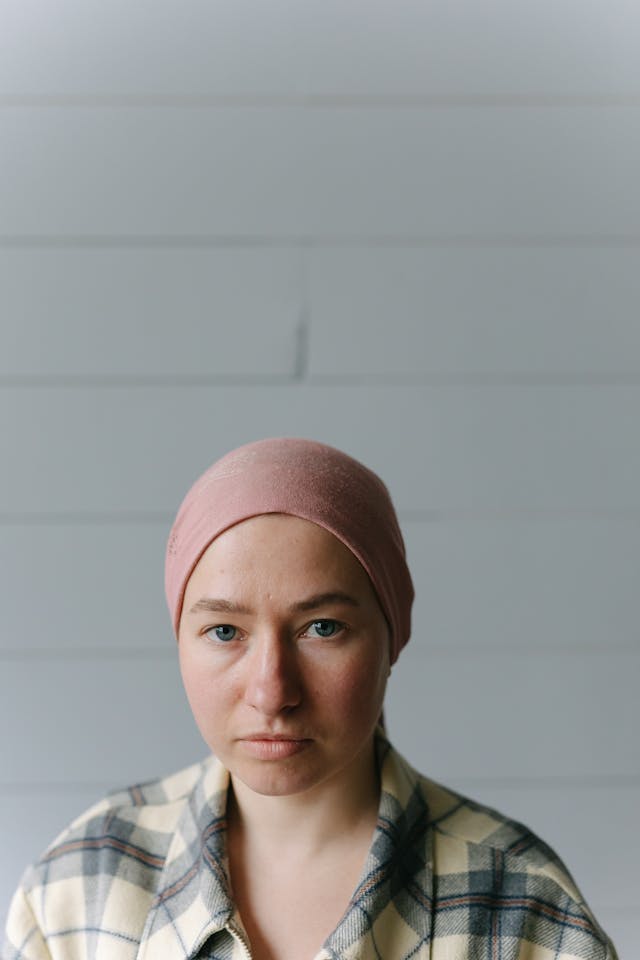Preventing diseases is mostly important for our health. Although one of the most often occurring types of cancer, many people undervalue the need of frequent skin exams. Millions of people are diagnosed annually; so, knowledge on how to safeguard oneself and identify possible problems early on can greatly affect results. Whether you spend most of your time indoors or enjoy the great outdoors, understanding what indicators to watch for and when to visit a specialist might literally save your life. Let’s explore why maintaining awareness of skin health is more important than it has ever been.
The Part Regular Skin Cancer Checks Play
Early identification of skin cancer depends much on routine skin cancer examinations. The skin cancer check at early stages greatly enhances the results of treatment. Many people ignore this easy but vital habit.
Sun exposure and genetics are just two of the several causes of skin cancer. Frequent visits enable you to spot odd moles or changes in your skin that would indicate problems. Essential is awareness.
Usually, these visits consist of a visual inspection of your whole body. A qualified dermatologist will easily walk you through the process and know what to search for.
Apart from helping people to have peace of mind, regular inspections enable people to take charge of their medical condition. Knowing possible hazards helps you to see any worrisome symptoms early on. Giving these checkups top priority helps you to actively protect your health against skin cancer.

Expectations Regarding a Skin Cancer Check
A trained dermatologist should thoroughly examine your skin during a skin cancer screening. They will search for any odd moles, lesions, or growths that might call for more study.
You probably will be asked about your medical background and any changes you have observed in your skin. This clarifies for the doctor what should be his main concentration during the test.
Usually, the procedure is short and free from pain. To have easier access to all of your body, you might have to change into a gown. Every inch of skin—including difficult-to-see places such behind the ears and between fingers—will be closely examined by the dermatologist.
Should they come to anything abnormal, they can advise a biopsy for laboratory investigation. This stage is vital as it verifies whether skin cancer calls for cause for alarm. If you are confused about anything during this visit, remember to ask questions; it is crucial to feel comfortable and knowledgeable with the procedure.

Treatments for Skin Cancer
The type and stage of the skin cancer will greatly affect the potential treatments for it. More effective treatment results usually follow from early discovery.
Many forms of skin cancer are typical candidates for surgery. It entails removing the tumor together with a margin of healthy tissue all around it. This approach has a great success rate and performs effectively for confined tumors.
Topical chemotherapy could be advised to some patients. This entails directly treating the afflicted area with medications, therefore helping to eradicate malignant cells without resorting to invasive surgeries.
Another choice that aims at particular sites where cancer cells are found is radiation treatment. It’s frequently employed to guarantee all malignant cells are removed either as an extra treatment following surgical removal or when surgery is not practical.
Targeted treatments and immunotherapy have become creative solutions for some skin malignancies including melanoma in recent years. These techniques provide individualized treatment fit for every patient by using your body’s immune system or emphasizing particular traits of cancer cells.
Selecting the appropriate course of treatment calls for serious thought and consultation with dermatologists and oncologists among other medical experts. Your doctor will walk you through this procedure depending on your particular situation and choices.
Early detection of skin problems depends critically on regular checkups, which also significantly influences the effectiveness of therapy for everyone diagnosed with skin cancer.
